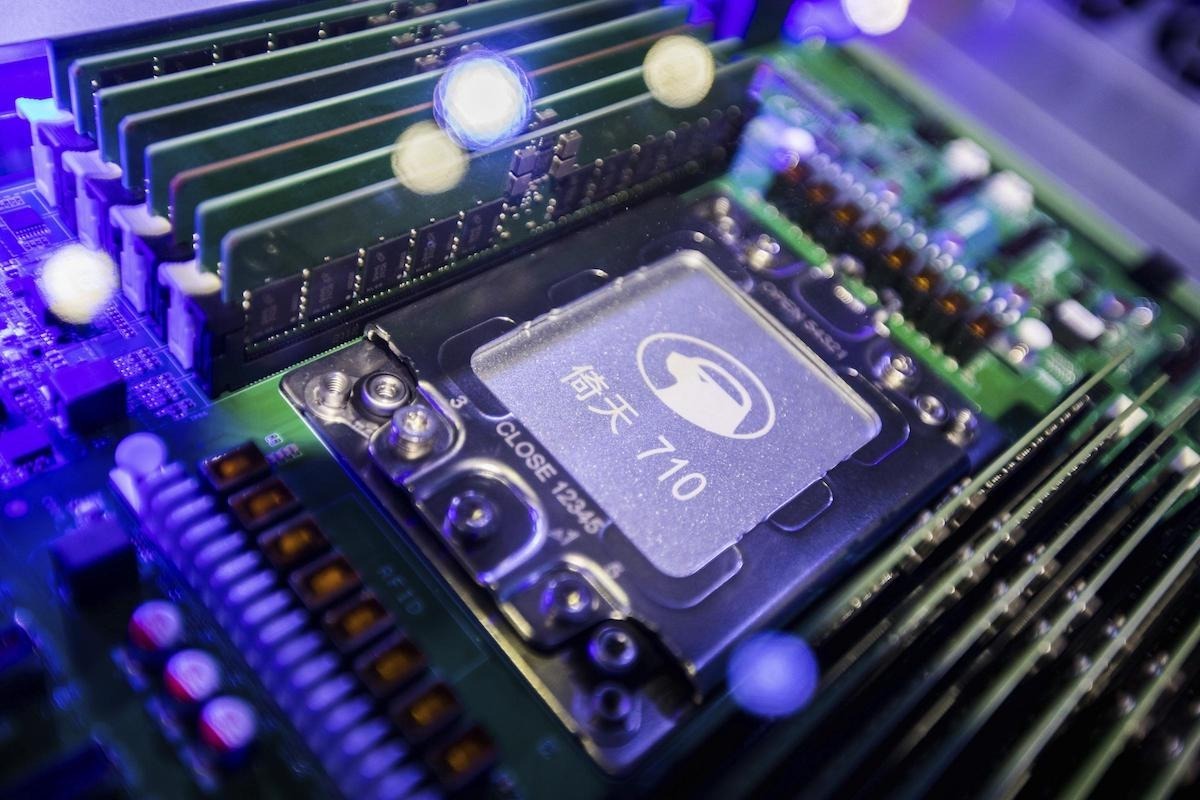Intel will produce chips worldwide. But not in Italy: the reasons
“We are building some of the most impressive global factories to produce the world‘s smallest objects.” In Davos, Pat Gelsinger, CEO of Intel, presents the American giant’s ambitious plan to regain world leadership in the production of microchips. The project involves investments in the United States and Europe, with the aim of reducing dependence on Asian imports, a move welcomed and encouraged by politicians. However, Italy does not fall within the framework of the plan: “At the moment there is nothing, we are focused on the plants in Germany and Poland”, declares Gelsinger. This marks the end of the hypothesis put forward by Intel in 2022 to build a facility for advanced chip assembly in Italy. Despite talks, including possible state aid, with the Italian government under Draghi and later with Meloni, the government did not participate in a meeting with Intel top management last year in Davos.
Over the months, the Italian factory appears to have fallen down the priority ladder for the company, which will build a huge plant in Germany and announced a testing facility in Poland. Recently, the Ministry of Economic Development, responsible for the dossier, indicated with growing resignation that the Italian offer was on the table, but the ball was in Intel’s court. However, the fact that the project has now fallen off the radar represents a slowdown in the government’s “Chips Act” strategy to expand Italy’s presence in the strategic semiconductor supply chain. In Italy, Intel will participate in the Chips.it Foundation, the center for design of semiconductors being created in Pavia. However, its mega-factories will be elsewhere.
The factory in Germany, located in Magdeburg and mainly focused on the German automotive industry, is currently in the planning phase. Intel claims that Berlin’s budget problems, which also involve the special fund to subsidize industrial investments, will not affect the investments earmarked for the factory, equal to around ten billion euros out of a total expected cost of thirty billion. The intention is to start construction “within the year” after obtaining Brussels approval for state aid. “The goal is to make the United States and Europe competitive with Asia in chip production,” Gelsinge emphasizesr, emphasizing the creation of a research and supply ecosystem around its factories and the ability for European chip developers to produce them locally, rather than on the other side of the world.
Subscribe to the newsletter
